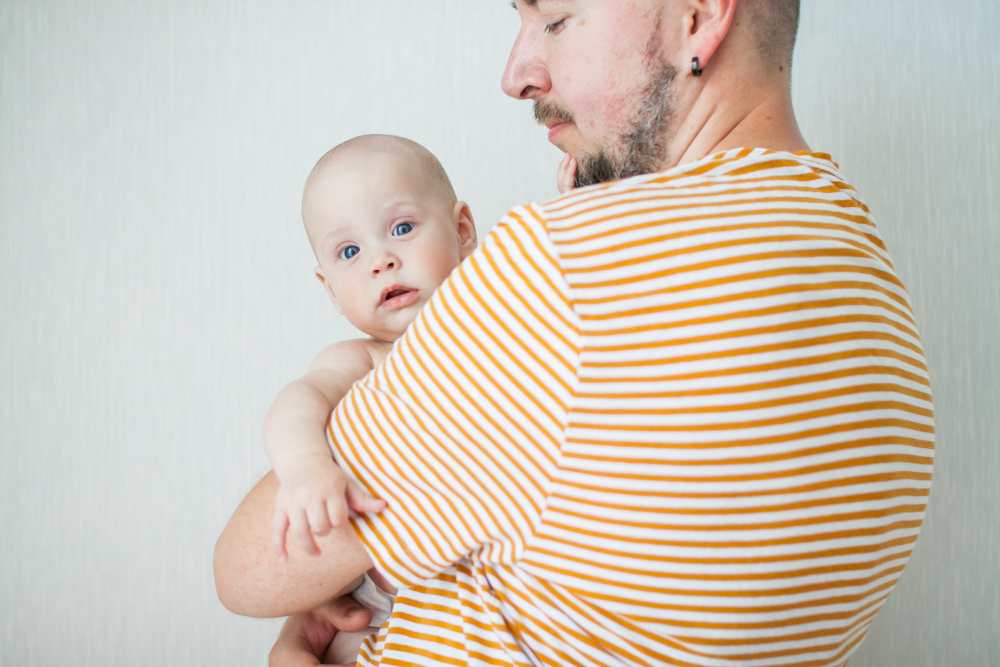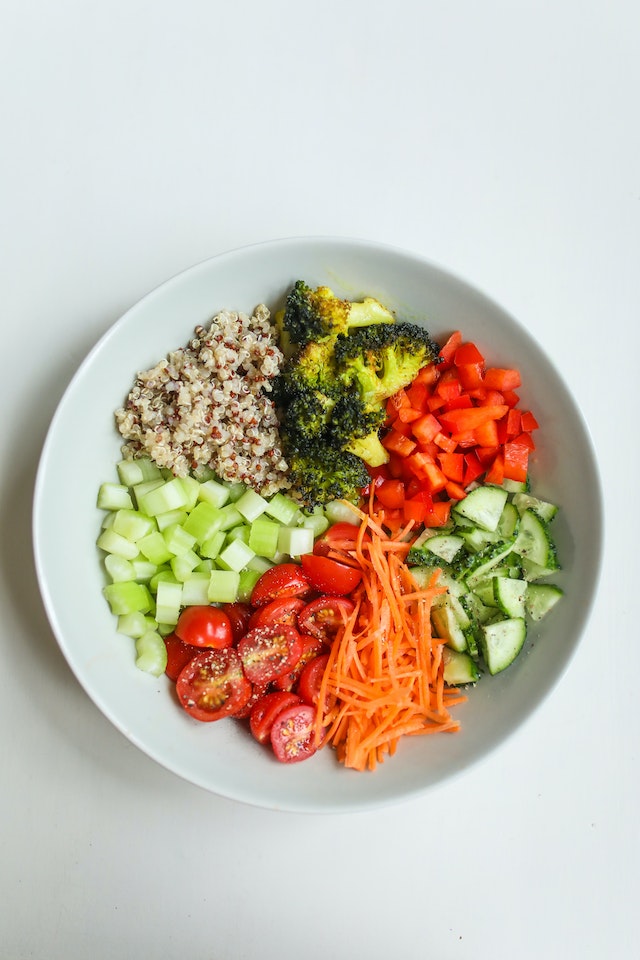Newborn hiccups are caused by a diaphragmatic contraction and a quick closure of the vocal cords. The sound of hiccups is caused by the rapid closing of the vocal cords. Since hiccups bother adults, you might assume they worry babies as well. Babies, on the other hand, are usually unaffected by them.
The hiccups are particularly common in babies under the age of one year. Newborns regularly hiccup in the womb before birth. Hiccups are not a reason for worry, as they usually cause no discomfort to a baby. Your baby’s hiccups will generally stop within 5 to 10 minutes, but if they don’t stop after a couple of hours, you should consult a doctor.
Various causes lead to Newborn Hiccups –
Baby overfeeding, eating too quickly, or swallowing a lot of air are the most common causes of newborn hiccups. Any of these factors can cause stomach distention. When the stomach expands, it presses against the diaphragm, causing it to spasm and thus leading to hiccups.
Infant hiccups, according to several renowned pediatricians, are mainly triggered by feeding (breast, formula, or other foods) or a change in temperature that causes the baby to become chilled.
Hiccups are more common in babies with gastroesophageal reflux disorder (GERD), as are spitting up, coughing, and irritability.
There are many ways to stop a newborn’s hiccups –
- Burp your newborn while they are eating. Babies may start hiccupping during feeding because their stomachs are irritated by excess gas. It can help to hold them up and gently tap their backs.
- Feeding should be done slowly. If your baby hiccups frequently during feedings, you may be feeding them too quickly. Slowing down may reduce your baby’s chances of getting hiccups.
- Only feed your infant while they are calm. For example, feed your infant before they become hungry and begin to cry. If your infant is agitated during a feeding, the milk or formula may not flow down smoothly, causing esophageal irritation.
- When you feed, make sure the nipple in your bottle is full of milk. Reduce the air in the nipple before feeding your infant if you’re using a bottle. The excess air might aggravate hiccupping.
- Change things around in your routine. For example, if your baby has a lot of hiccups, consider giving him smaller quantities at more regular intervals to keep him from swallowing as much air during each meal.
- Pacifier – Using a pacifier may relax the baby’s diaphragm and ultimately stop the hiccups.
- Herb water – If you are so tense about your baby’s hiccup, you can make them gripe water which includes lots of herbs. The herbs used in gripe water are ginger, fennel, chamomile, and cinnamon. It should be done under the guidance of your pediatrician.
- Rubbing your baby’s back may also help in stopping the hiccups. With this, you can also use rocking the baby back and forth, which can relax their spasm and stop the hiccups.
These are some ways to stop the hiccups of your baby.
But in the process to stop the hiccups don’t do any such thing in haste or worry which can prove harmful to the baby such as –
- Touching or pulling their tongue
- Making the baby jump
- Trying to make them sip water upside down. (we heard people doing this stuff too – Never try)
Do not try these methods or any such home remedies on your baby. Above mentioned methods are written and proved in many types of research and studies.
This is pretty much all the information a parent needs on newborn hiccups. All parents should remember that hiccups are not a big thing to worry about, and occasional hiccups are not dangerous.











